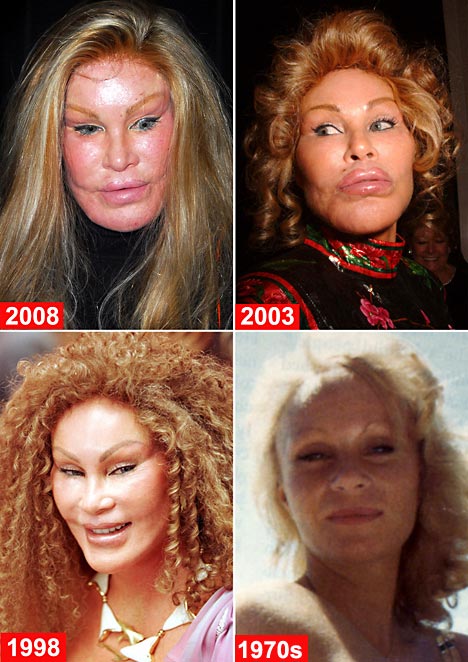While that may be true for a variety of polygenic diseases with unclear inheritance, that is not the case with the BRCA1/BRCA2 mutations. About 65% of women with a BRCA1 mutation will develop breast cancer, and 35-45% of them will develop ovarian cancer. About 40-55% of women with BRCA2 mutations will develop breast cancer, and about 20% of them will develop ovarian cancer.
BRCA1 mutation is linked to a specific type of breast cancer called "triple negative" breast cancer, breast cancer which does not respond to the current BC drugs which target specific kinds of receptors (progesterone, estrogen, and her2).
This type of breast cancer tends to arrive earlier than the typical breast cancer diagnosis, is generally extremely aggressive, and has very few treatments. Even with surgery when possible, radiation, and targeted treatments like iniparib, survival for this type of breast cancer is in the range of months to a year or two much of the time.
Certain treatments, ranging from oral contraception to complete oophorectomy, combined with a double mastectomy can increase survival dramatically when someone is diagnosed with a BRCA mutation. Especially in the case of BRCA1, waiting until you develop the cancer is often waiting too long as there are no highly (or even moderately) effective treatments for the cancer it is associated with.
People with a family history of BC -should- have the opportunity to get tested in light of this fact: there is a demonstrated increase in survival if you know you have the BRCA mutation, versus finding it out upon diagnosis- either because you get screened more often, or because you opt for prophylactic surgery. It saddens me greatly that many insurance companies do not cover this, especially in light of the much higher costs of treating a cancer once it actually develops.






